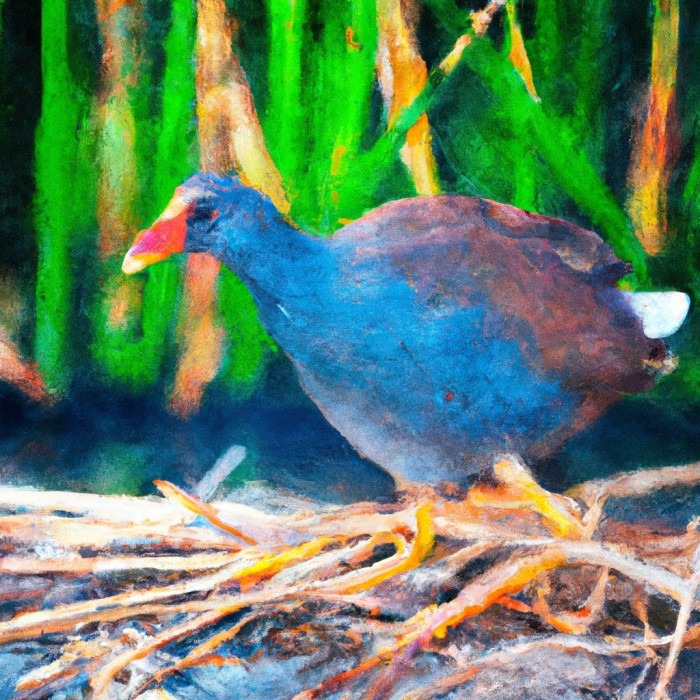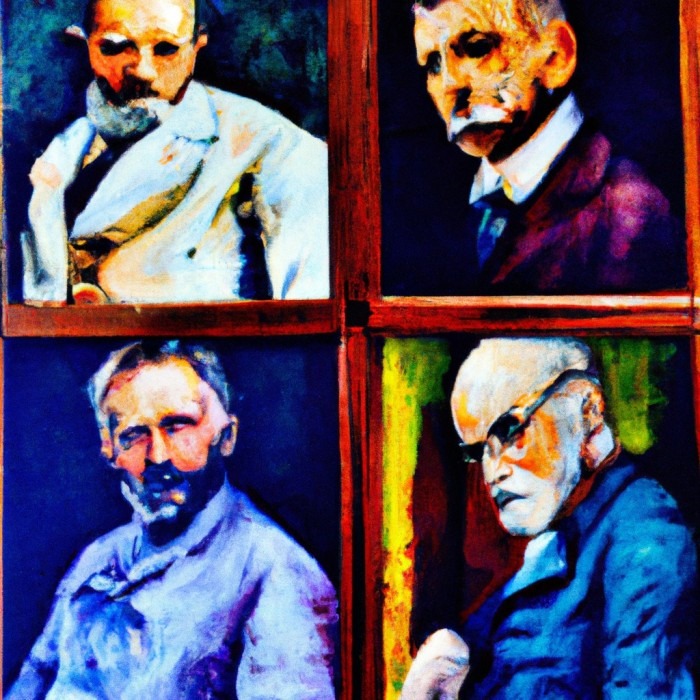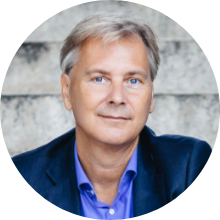Medical Career Strategy – The Darwin approach
Are you planning a career as a medical specialist? Then choose wisely!
When deciding on a medical specialisation, it is crucial to view the jungle of medical career opportunities as an ecological system that operates on principles similar to the theory of evolution.
Overcrowded specialties
In nature, the species that flourish are the ones that find and occupy the correct niche. To succeed in medicine, one must apply Darwin's principle and compete for resources. Many colleagues make the mistake of entering already saturated areas, be it a research field, clinical technique, or subspecialty. These overcrowded spaces often turn into arenas for fierce competition over resources like job opportunities, grants, patients and even mentors.

During my time in cardiology, I saw numerous colleagues struggling to establish themselves in the highly competitive area of interventional cardiology. Despite their talent, many trainees were not provided with the necessary resources (i.e., rotations, case studies, training, teaching) to thrive in this oversaturated niche and reach their full potential.
Don’t become extinct
Choosing the right niche, however, isn't just about avoiding overcrowded areas. It's also crucial to ensure the niche isn't so small that it risks becoming obsolete before you even have a chance to make your mark.

Let me illustrate this with the tale of the Laysan Crake, a bird native to the Laysan Island in the Northwestern Hawaiian Islands. This species carved out a niche, surviving on a diet of insects, seeds, and leaves. But, with the introduction of rabbits to the island, their ecosystem changed drastically, and by 1923, the Laysan Crake was extinct. Similarly, in the field of medicine, the environment can also change rapidly, making small niches more vulnerable to becoming outdated or less appealing.
In addition, finding a niche that's too small might mean minimal demand for your expertise. The super-subspecialist might face challenges in finding enough interest in their specialized knowledge and skills.
Finding your niche
So, how does one find the sweet spot? The key lies in identifying the future trends in healthcare and aligning your expertise accordingly. The rise of artificial intelligence is an undeniable reality, while some conventional methods, such as cardiovascular surgery, are seeing a decline in demand.

The ideal niche could very well be one that doesn't exist yet, one that you carve out yourself. Let's remember the pioneers who revolutionized medicine: Wilhelm Carl Röntgen in Radiology, Alexander Fleming in Infectious Therapy, and, more recently, Alan Cribier, the father of Transcatheter Aortic Valve Replacement (TAVR). These innovators stepped into the unknown, creating new fields and, thus, securing their legacy.
1 plus 1 = 3
One way to achieve success on a smaller scale is to merge different fields of expertise. The key to innovation lies in the intersection of various disciplines. Some examples of promising combinations include Genomics and Machine Learning, Immunology and Oncology, Cardiology and Sports Medicine and Ultrasound and Physical Therapy. All important areas with a tremendous growth potential.

But you might also combine a medical with a non-medical field of expertise. For instance, I found my niche at the crossroads of ultrasound, education, and video technology. It has led to the creation of the platform 123sonography, offering me the incredible opportunity to teach an array of healthcare professionals globally about a growing technique.
Choosing wisely
To sum up, succeeding in the medical field is similar to thriving in an ecological system. Those who can adapt, evolve, and find their niche are rewarded. It's important to choose wisely and remember that sometimes, it's best to create your own path.
Thomas Binder
P.S. If you found this article helpful, please share it with your network. Check out our Medical Mentoring articles for more insights.
Check out more on the topic of Medical Mentoring:
